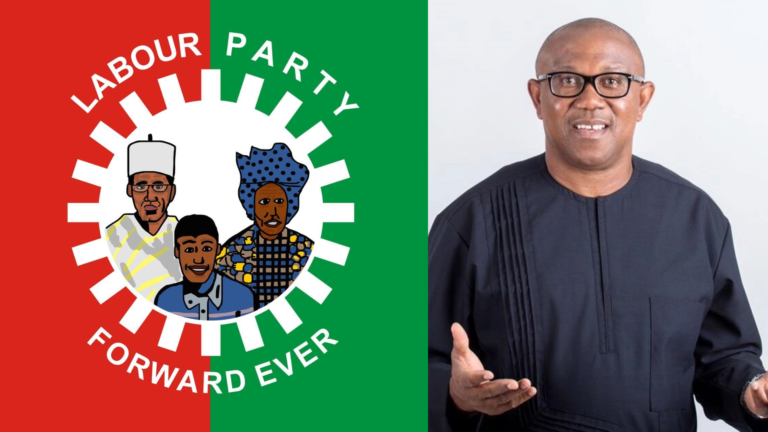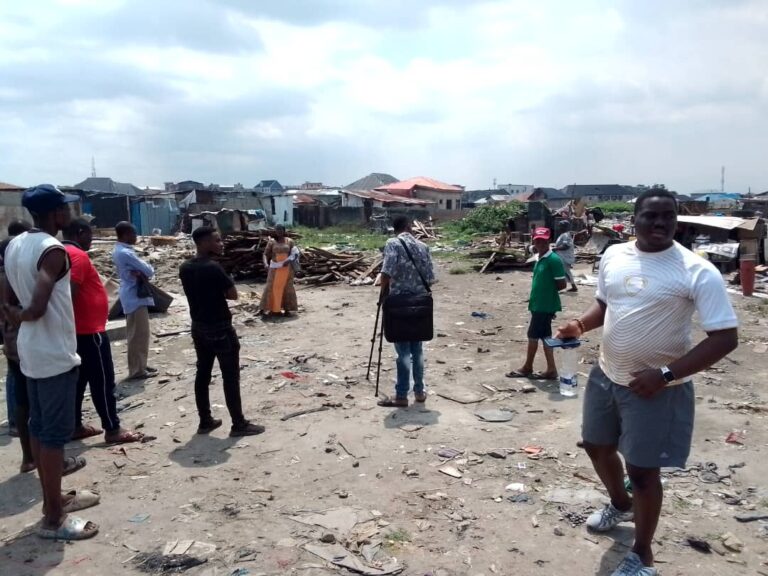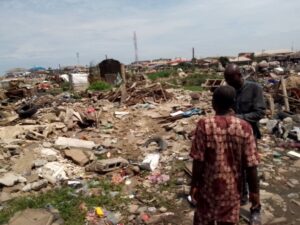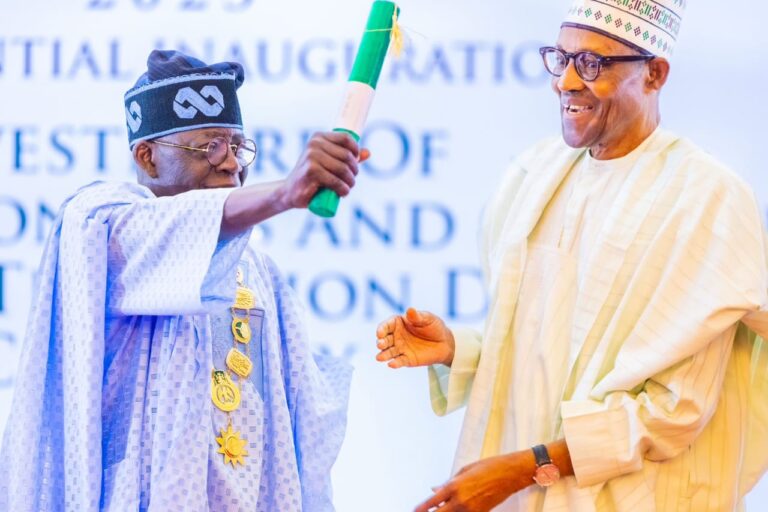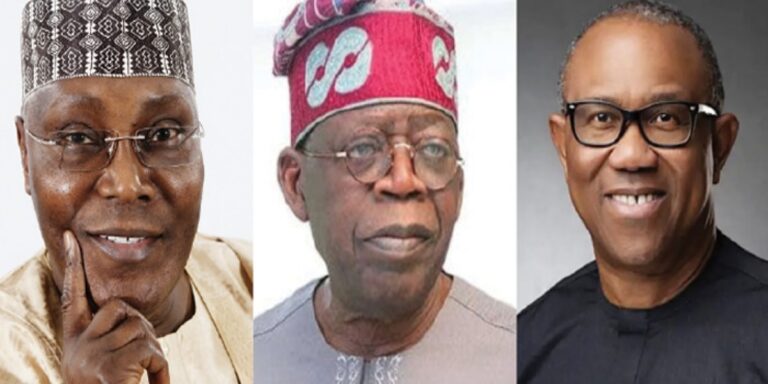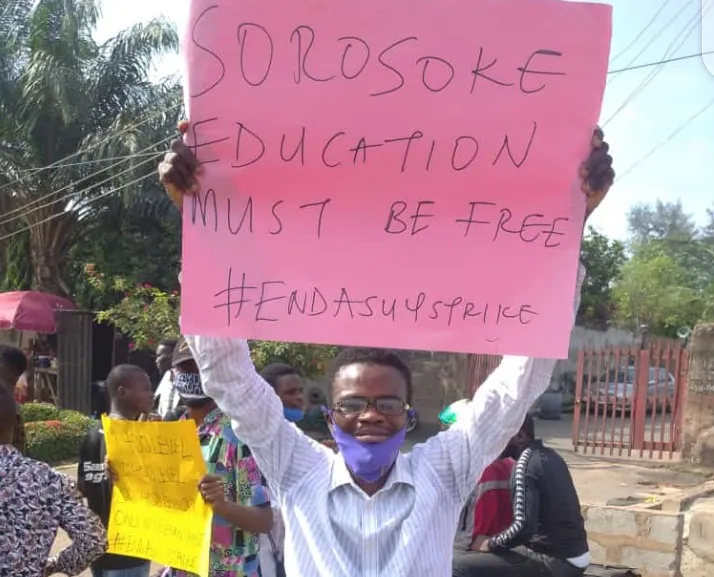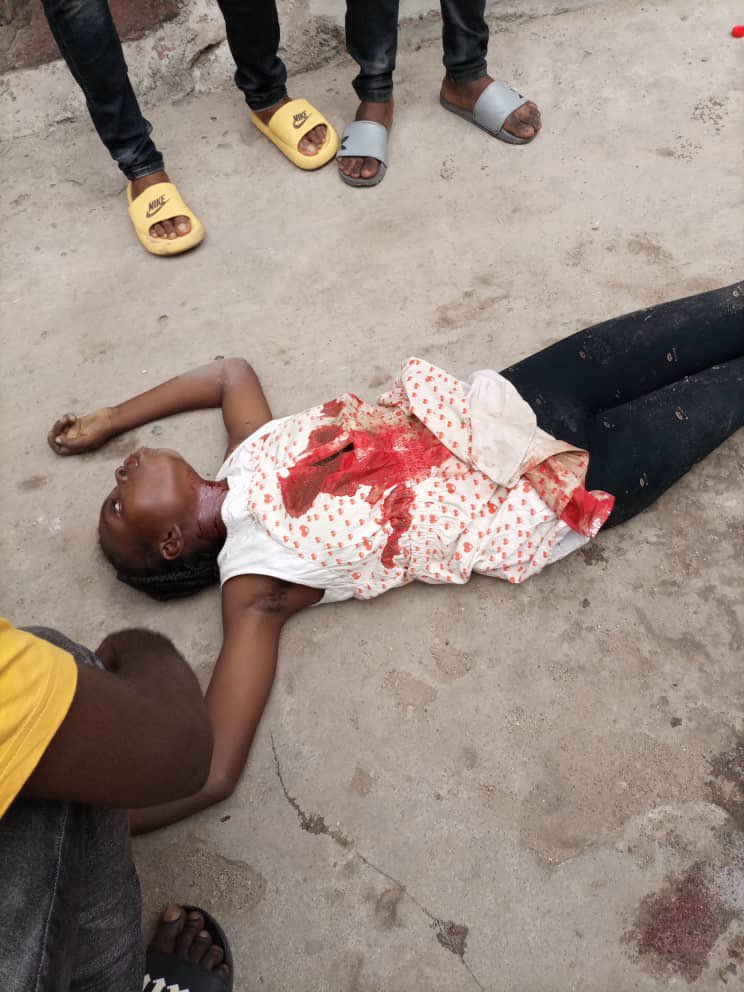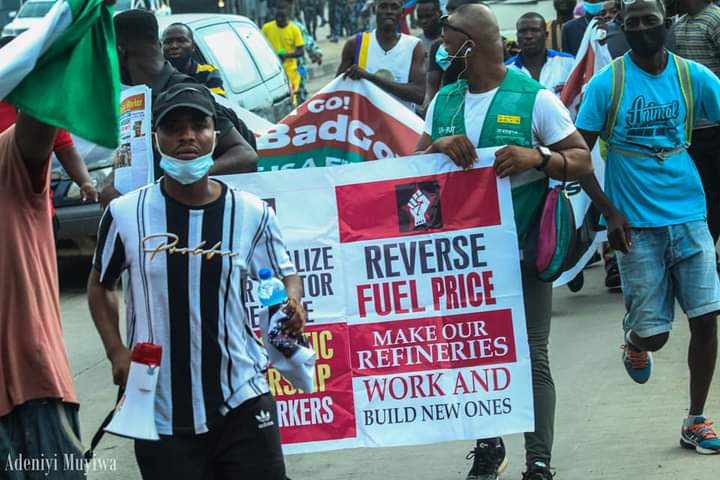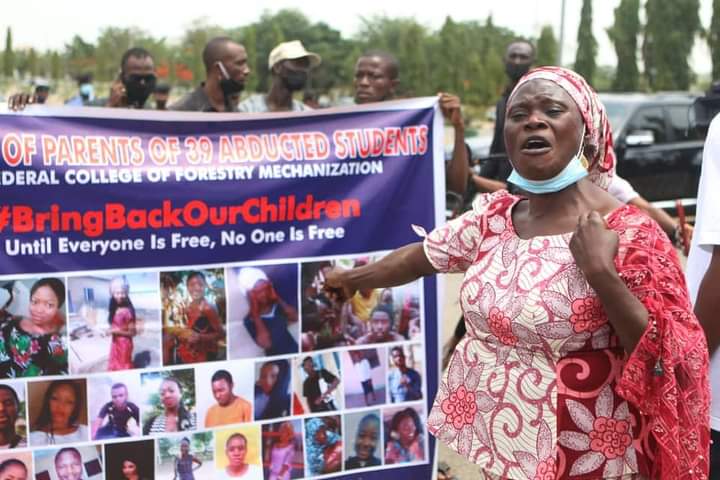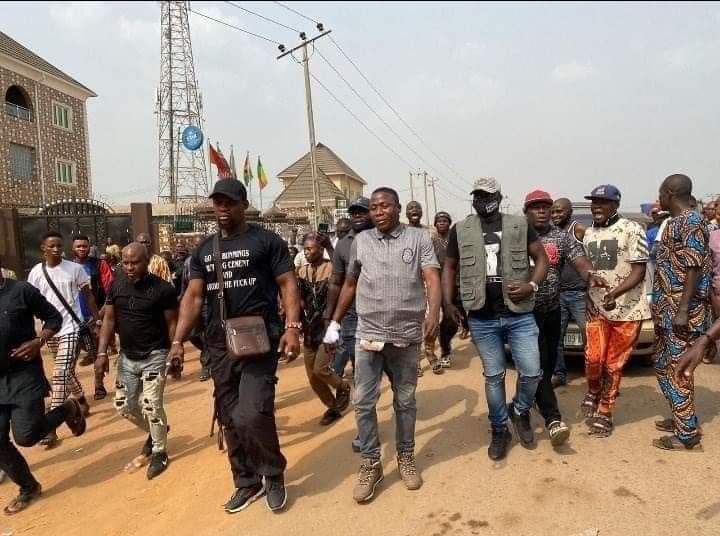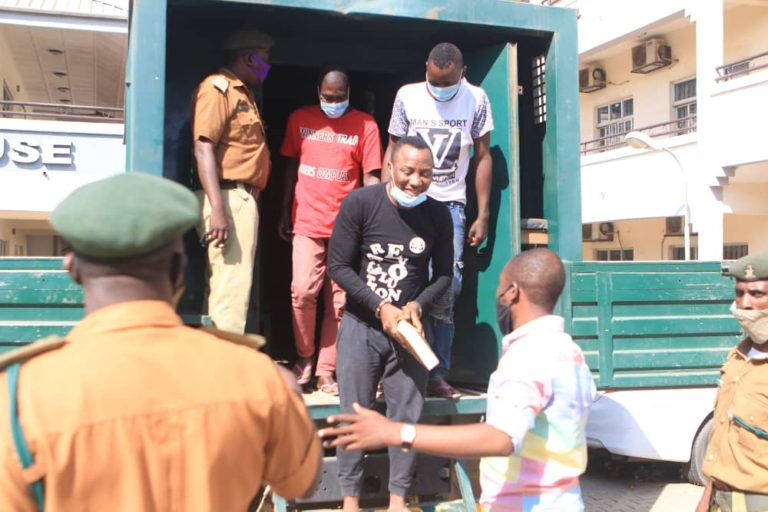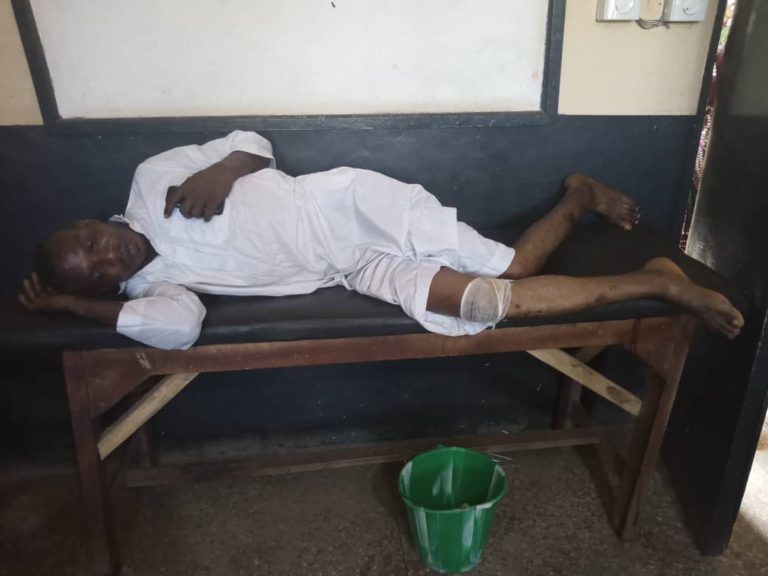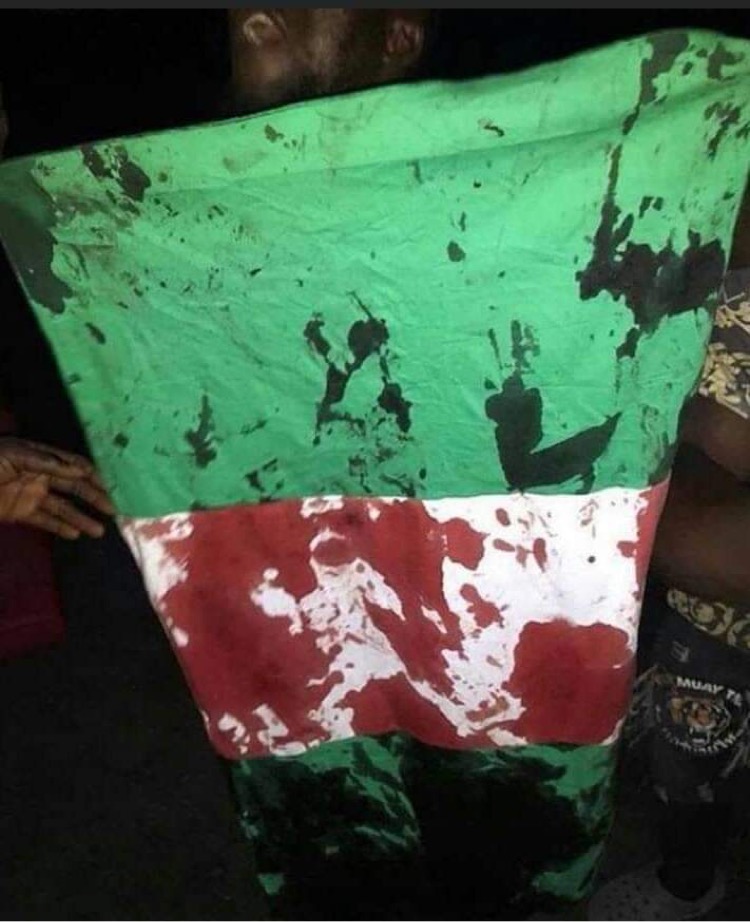Needless to say, the 2023 elections happened amid overwhelming disillusionment with the system and popular discontent with the major establishment political parties—the ruling All Progressives Congress and the People’s Democratic Party.
This mass disillusionment peaked with the resurgence of the secessionist movements, which resonated with a very significant base in the southeast and southwest regions of Nigeria. It also coincided with the RevolutionNow campaign, which swept across 24 states of the federation. Google recorded that on August 5, 2019, no less than 5 million Nigerians searched the internet for the meaning of “revolution.” The endSARS revolt in October 2020, largely staged by young people who subsequently suffered bloody repression, was the last straw that broke the Camel’s back.
The 2023 general elections will later come to manifest these discontentments in the form of increased politicization of young people; a significant portion of these later described themselves as Obidients.
Having been lured into the candidacy of a former Anambra state governor, Peter Obi, by the so-called “more progressive layer” of the elites, what followed was a process of de-radicalization of a radical mood that had great revolutionary potential. This process continued on a rather exponential scale when Peter Obi, a billionaire, adopted the platform of the Labour Party after losing out to the People’s Democratic Party, where he had spent a whopping sum of 140 million naira purchasing the presidential nomination form.
After securing the presidential ticket of the Labour Party after he had paid 30 million naira as the cost of the nomination form, he became the nominal candidate of the trade unions, their allies – layers of the civil society movements, and many change-seeking elements.
Despite contesting on the platform that was established by workers and endorsed by the trade unions, Peter Obi clung to his neoliberal agenda. His campaign heavily emphasized the removal of oil subsidies, complete deregulation of the oil sector, and policies of privatization and commercialization. However, he showed no commitment to ensuring decent wages for workers or ending the neoliberal assault on public education, an issue of great importance to his youthful base, many of whom hail from working-class backgrounds. Unfortunately, the trade unions remained silent, turning a blind eye to his vigorously anti-worker policies as he campaigned.
The silence of the trade unions was so loud that Festus Keyamo, a serving minister under the immediate past president, Muhammadu Buhari, challenged why the unions kept quiet over the campaign rhetoric of Peter Obi, calling for the removal of fuel subsidy, and total deregulation of the oil sector after fighting successive governments that had tried to do the same thing. In light of the foregoing, many have asked if the Labour Party can indeed serve as the vehicle for the liberation of the working people of Nigeria.
Whereas, the fate of the Labour Party was sealed at birth as reactionary at the conference of the Nigerian Labour Congress (NLC) held at Calabar and Lagos in 1989, which founded the party on petite bourgeois ideas and not the core values that had been associated with the Nigeria Labour Congress in the mid-80s: socialism, anti-imperialism, anti-privatization, national sovereignty, and a commitment to a national economy whose commanding heights are under state and popular control. This is largely because by 1989, a different generation of trade union leaders like Pascal Bafyau had dispensed with these values after the Babangida administration moved against the NLC, harassed, intimidated, and subsequently purged out radical elements from the union.
While the Labour Party’s revolutionary potential was greatly undermined at its 1989 founding conference, the conference of the NLC and TUC held in September 2002 did nothing to address the ideological challenges of the party. It was at this conference that the party was renamed and officially registered as the “Party for Social Democracy.”
Therefore, it comes as no surprise that the “Party for Social Democracy” and the Trade Unions maintained a detached and quiet stance while radical parties like Gani Fawehinmi’s National Conscience Party, Democratic Alternative, and the People’s Redemption Party battled the Independent National Electoral Commission (INEC) to expand the political space for party registration. Notably, the “Party for Social Democracy” later rebranded itself as the Labour Party at its inaugural Congress in 2004. Since then, however, the Labour Party has failed to support or advocate for the Nigerian people, instead devolving into a purely electoral vehicle that includes elements of the ruling class that the established ruling class parties, such as the PDP and the APC, left out.
It is for this reason that figures like Olusegun Mimiko and Dele Momodu were able to run under the Labour Party. Olusegun Mimiko served as governor under the Labour Party in 2009, overseeing a neoliberal economy for two terms. He later returned to the PDP in the later part of his second term as governor. The party also provided support to President Jonathan in 2015 by endorsing his bid for a second term, and in 2019, it rendered similar services to President Buhari by endorsing his aspiration for a second term in office.
In the early months of 2022, the leadership of the two Labour centers held separate conferences where, in each case, both unions reasserted ownership and membership of the Labour Party. Unfortunately, these were just words. The leadership of the trade unions did nothing to mobilize their members into the party. Many of them, like the state councils of the NLC and TUC in Lagos, mobilized support for the ruling parties. Sadly, this has been the attitude of the trade unions toward the Labour Party since 2004—abandoning the party to the whims and caprices of establishment politicians. It is no wonder the nomination form of the so-called workers’ party sells for as much as 30 million naira. The implication of this is that only establishment politicians can run under the party, not workers. Moves like this consolidate the hold of establishment politicians on the party, effectively closing off any possibility of revolutionary working-class-based politicking.
Today, the Labour Party has become a political platform that loudly re-echoes neoliberal and IMF policies far above those of established bourgeoisie parties like the ruling All Progressives Congress and the People’s Democratic Party. The Labour Party, through Peter Obi and its Obidient base, amplified policies of subsidy removal and many neoliberal reforms that President Tinubu has implemented over the past six months.
The Labour Party today boasts thirty-five members in the House of Representatives and eight in the Senate. None have spoken in support of the Nigerian people; rather, they simply joined their colleagues in the national assembly, endorsing Tinubu’s wasteful use of taxpayers’ money, plundering public wealth, offering support for the regime’s neoliberal programs, including the removal of fuel subsidy, and renewed attacks on public education.
In addition, the Labour Party and its Obidient base had spent the last year demobilizing every attempt at mobilizing mass resistance against the neoliberal programs of the All Progressives Congress. Near the end of 2022, towards the general elections, it supported the Naira redesign policy, which imposed unfathomable hardship on ordinary people occasioned by the artificial scarcity of cash.
After Bola Tinubu was returned as President of Nigeria through a shabbily conducted (s)election by the Independent National Electoral Commission (INEC), the Labor Party and its Obidient base actively demobilized mass resistance against fuel subsidy removal, wave of fee hikes, and many other neoliberal programs of the government of Tinubu. It embarked on a massive social media campaign targeted at de-radicalizing and demobilizing young people from taking street actions and subsequently encouraged them to focus instead on reclaiming Peter Obi’s mandate at the election tribunal.
As to the immediate and direct question of how to engage with the Labour Party as presently constituted, there are two divergent views within the broad Labour Movement. Some believe the Labour Party can still be rescued from the tight grip of powerful neoliberal and anti-worker interests.
However, their experiences, like those of many revolutionary activists who have made similar efforts over the last 20 years, have been like that of a man trying to flog a dead horse back to life. Many of these people, especially radicals, soon came back with disappointments after they were purged out and isolated when Peter Obi and his Obidient Movement took over the party. Ayo Ademiluyi, a socialist who had been given a House of Representatives ticket to represent the Eti Osa constituency in Lagos, was dispossessed of his ticket, and the ticket was handed over to a different candidate who had not participated in the primaries but had been committed to the neoliberal interests in the party.
The Lagos State Chairperson, who had been sympathetic towards left-leaning elements, was also removed abruptly. It was this coup at the center that made it easy to purge and isolate socialists and radicals within the party, the bulk of whom were organized in Lagos.
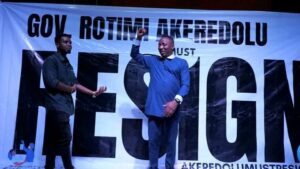
Since the Benin Declaration in 2002, which finally sealed the fate of the Labour Party and ultimately beheaded its revolutionary potential, various civil society elements of the broader Labour Movement have floated political parties, espousing ideas that were synonymous with the core values of the Nigerian Labour Congress of the mid-80s. These efforts, like the National Conscience Party in 2003 and the Socialist Party of Nigeria floated by the Democratic Socialist Movement, had mimicked past initiatives like those of the Socialist Workers and Farmers Party and the Socialist Working People’s Party. The most recent of these efforts, and perhaps the most impactful, is the establishment of the African Action Congress (AAC) by the Take It Back Movement and leading revolutionary activist Omoyele Sowore, who ran under the platform as President in 2019 and 2023 respectively, campaigning strictly on revolutionary programs. Like the past endeavors, this too was not sufficient to dislodge the hegemony of Nigeria’s rapacious ruling class.
But the fact remains that the Labour Movement, workers, and change-seeking elements should and must be organized under one political party. Such a political party must be unequivocally committed to the core values that the Nigerian workers and the Labour Movement had previously sworn to socialism, anti-imperialism, anti-privatization, national sovereignty, internal democracy, and commitment to a national economy that is under democratic and popular control. The party must be rooted within the rank and file of workers, ordinary Nigerians, communities, workplaces, and campuses. If the oppressed and working people of Nigeria must look up to the trade unions to lead this initiative, then the trade unions must be made to recommit themselves to the values of the Nigerian Labour Congress as they were in the mid-80s.

